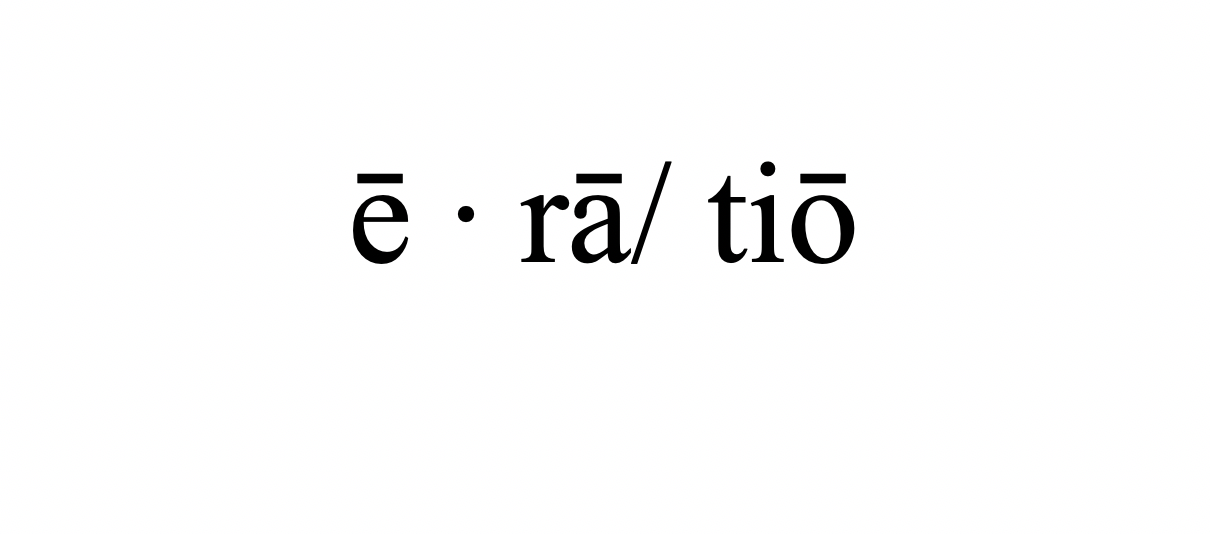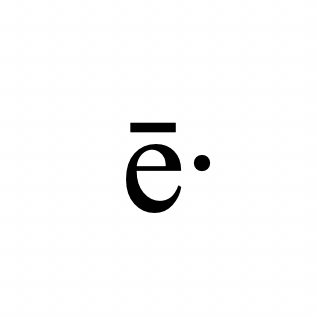

Redundancy in A T Cent Lay
Alex McKeown
“If one takes the rhyming parts (not necessarily reduced to one word) of certain sonnets of
Edna St. Vincent Millay, one will compose haikuesque poems which, far from letting the sense of the original escape, rather produce, it seems, a luminous elixir, to such an extent that one might ask if the parts which have been set aside weren’t pure redundancy.”Stéphane Mallarmé
—Raymond Queneau, “La Redondance chez Phane Armé”
i.
My heart
slain
apart
by tears and rain,
night
clears.
Light
appears.
Sweet thorn,
best
sworn
breast,
call
me little if at all.
ii.
Snow
again.
Long ago
the pane
at last
gave way;
The blast
in a fray.
Night,
drift
back to sight.
A gift
tore,
to be lived once more.
iii.
She brings
that
hat,
strings
all the things
(flat,
pat
offerings).
Shadows sprawl,
like a shawl,
the counterpane.
Hark!
The dark
spills again.
iv.
My joy!
Your tears
destroy
(shears
at the thread)
fine
unwarranted
fortune that is mine.
At least, my dear,
in the sun
blossoming year
you have gone...
Spring
be this, if it be anything.
v.
Grown
ill,
blown
across the sill,
it drummed
a time it might not be,
hummed,
raspingly.
Wings,
tongue,
among
springs,
somehow
would drum as it was drumming now.
vi.
Done
days;
Life goes on
in irritating ways.
All
need not be
a funeral.
Industry
her byname,
before
once more
came
the doctor’s eyes
when a person dies.
vii.
Dust
our eyes,
sweet Lust.
Wise
loins
into the sea
dive for copper coins,
no longer we,
breathers of the air
muffling mould.
There!
Cold...
Two
believing love was true.
viii.
Distressed
my kind
to find
zest;
My breast
designed
the mind
possessed.
Treason,
Brain!
Season
it plain!
Reason,
we meet again....
ix.
Part of me
had chance to live,
a sieve,
and be
free.
Thereby, fugitive,
let me give
immortality.
One passionate screed
I have writ
in bright need
and reach for it
indeed
no whit.
Source Sonnets:
i. Sweet love, sweet thorn, when lightly to my heart
ii. It came into her mind, seeing how the snow
iii. The light comes back with Columbine; she brings
iv. I pray you if you love me, bear my joy
v. The last white sawdust on the floor was grown
vi. The doctor asked her what she wanted done
vii. When we that wore the myrtle wear the dust,
viii. I, being born a woman and distressed
ix. And if I die, because that part of me
Alex McKeown is an Australian poet and translator. His work has most recently appeared in Cordite, Ezra and The Canberra Times.